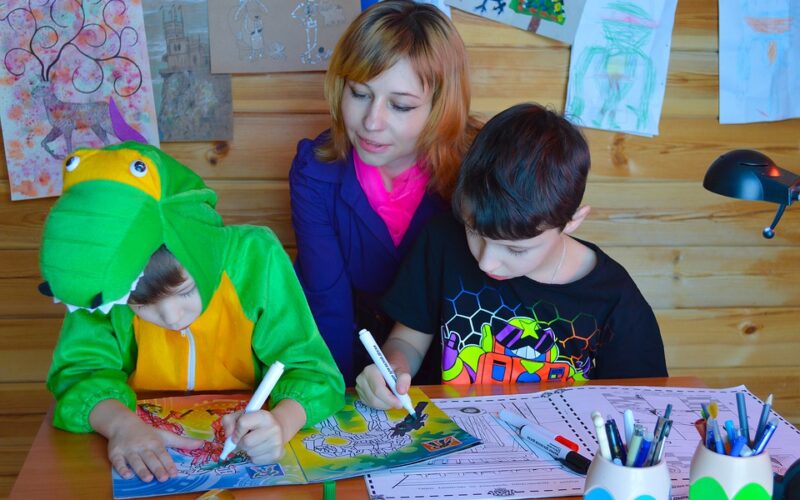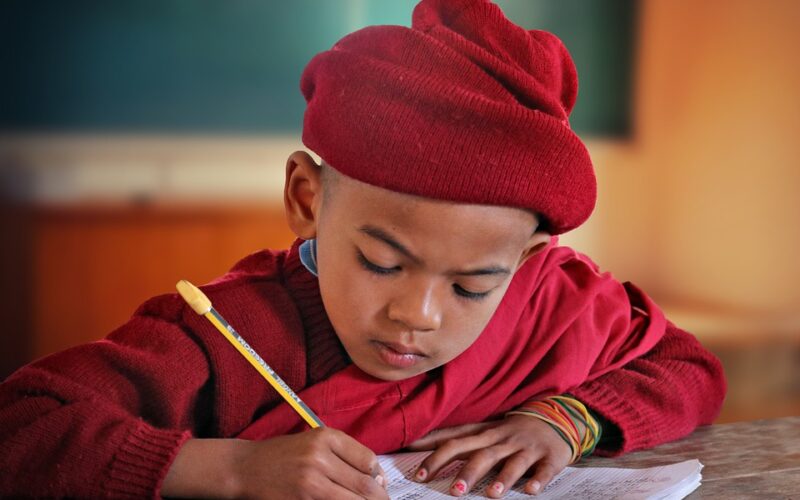Throughout history, there have always been those favoured enough to receive formal schooling. While many learned how to perform manual labour through apprenticeships, the children of wealthy landowners or those of noble birth were taught much differently. They learned to read and write, they were given mathematical courses, and they also studied history. Their apprenticeship might still have come to pass when joining the family business, but manual labour was not usually a part of it.
While there was education for the rich and noble, there were also opportunities for those without that type of support. Many religious orders required priests to be able to read and write. Orphaned children, unable to find a home with neighbours or relatives, were sometimes accepted as acolytes. Not all of them were taught subjects of higher learning, but those with quick wits and the ambition to succeed often found it was a pathway that gave them access to education.
Opening Doors Through Further Education
In today's fast-paced and competitive job market, standing out is more important than ever. Employers are increasingly looking for candidates who demonstrate not just the...
MoreEducation Today
There are many societies around the globe where educating all children has become a goal. While there may be a few where only boys or...
MorePrivate Education for the Privileged
Many families of noble lines in Europe had a tradition of educating their children from a young age. Once they were old enough to sit...
MoreReligion and Education
Illness and war were fairly consistent events years ago, and children were often left without parents. Even if they had a parent, the ability to...
MoreThe Edu-Tech Evolution
Education has undergone a significant transformation over the past few decades, thanks to rapid technological advancements. From the early days of computer labs and internet...
MoreDo Forest Schools Work?
Are you a parent looking for a fun and exciting alternative to traditional schooling? If so, forest schools might be the right choice for your...
MoreEmbrace Online Technology
As the healthcare industry has developed over recent years, the methods of training nurses have changed significantly. What was once taught through hands-on learning in...
More

















